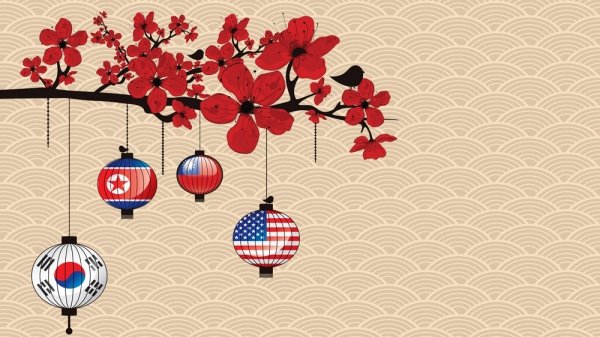Still To Come This Week
 |
Monday, Apr. 10 // 12–1:30 pm (ET)
Join the Wilson Center’s Brazil Institute and The Brazilian Report for the final “Brazil 100” dialogue, a virtual conversation with leading Brazilian and US experts on Lula’s first 100 days in office and what lies ahead.

Tuesday, Apr. 11 // 9:30–11:00 am (ET)
In an era increasingly defined by climate change, the United States and China stand out as the two largest emitters of greenhouse gases—but neither country is immune to its impacts. China, home to nearly 20% of the world’s population and 6.5% of the Earth’s land surface, faces a number of climate security challenges.


Tuesday, April 11 // 12–1:15 pm (ET)
The Wilson Center’s Middle East Program is pleased to host the book launch of COVID and Gender in the Middle East. Edited by feminist and scholar Rita Stephan, this book includes a compilation of articles from MENA scholars, activists, and policy experts. The book zooms into the COVID-19 pandemic in MENA and its impact on the region’s economy, security, and human rights through a gendered lens.


Wednesday, April 12 // 1–2:00 pm (ET)
American University Professor and former Wilson China Fellow Dr. Joseph Torigian explores in Prestige, Manipulation, and Coercion the politics of succession in the Soviet Union and China. He argues that the power struggles following the deaths of Stalin and Mao respectively were shaped by a "politics of personal prestige, historical antagonisms, backhanded political maneuvering, and violence,” not a triumph of collective leadership as previously believed. This argument is important for understanding Chinese politics today.

Wednesday, April 12 // 1–2:30 pm (ET)
In response to Russia's war in Ukraine, Ukrainian artists from across the country have used their work to protest the conflict and to show the world the beauty of their nation's threatened culture. The Kennan Institute will welcome Ian Grant, the host of PBS's Culture Quest, for a screening of clips from his recent special episode on Ukraine's artists at war followed by a discussion with Wilson Center Distinguished Fellow Blair Ruble.


|





